Meet our team
Lab Director
PhD
MsC
MsC
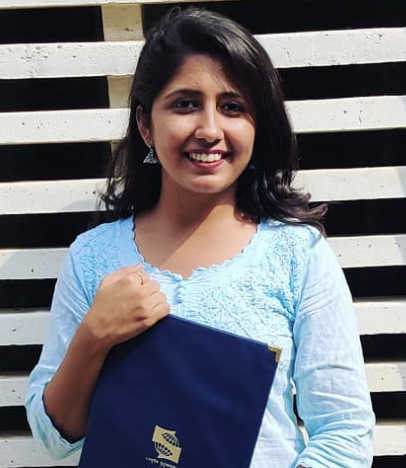
Denisha Thakkar, a Master of Science in Computer Science from Concordia University, Montreal, focuses her research on Diffusion Generative Models for medical imaging datasets. She investigates their application in computational pathology and cancer biomarker discovery. Denisha's expertise lies in Generative AI, Python and medical imaging.
Denisha Thakkar
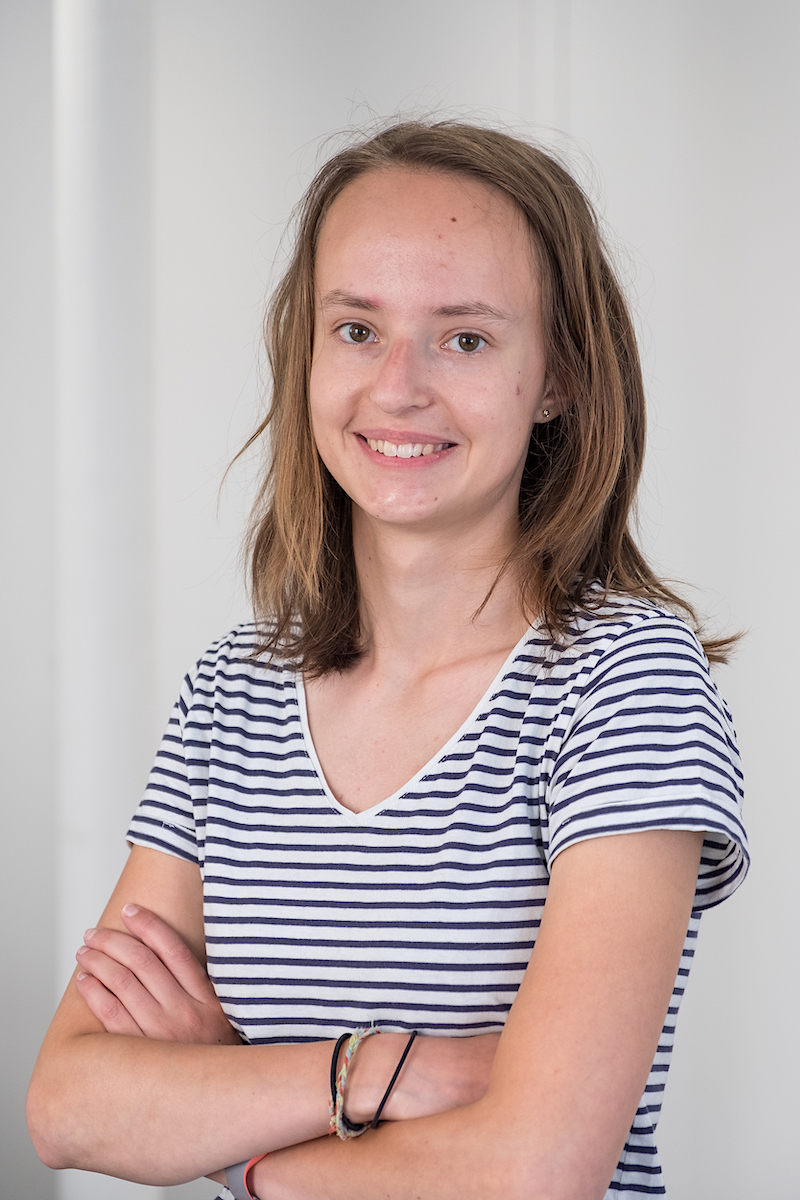
Cassandre Notton is an engineering graduate from France who pursued her master's in Computer Science at Concordia University. Propulsed by the Fonds de Recherche du Québec - Nature & technologies (FRQNT), and with a focus on Self Supervised Learning for colon polyp classification, she's dedicated to bridging engineering and healthcare for impactful innovation.
Cassandre Notton
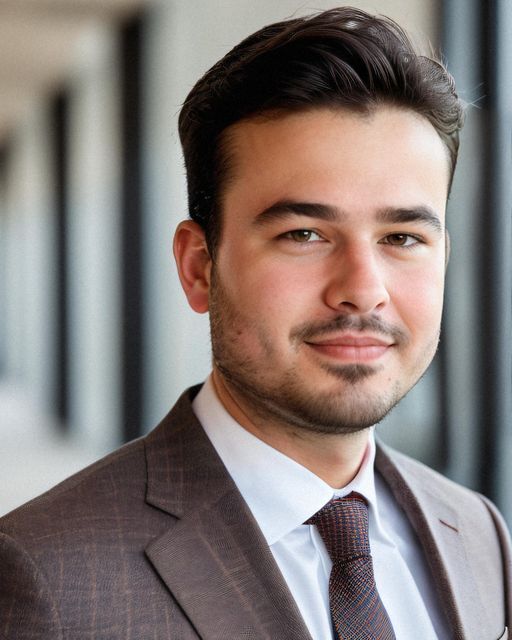
Damien Martins Gomes is a Master's student at Concordia University's Gina Cody School of Engineering and IPSA aerospace engineering school in Toulouse, he specializes in deep learning and aerospace engineering, focusing on optimization techniques, including convex and non-convex optimization, and developing a second-order optimizer based on Fisher Information. He recently received the B1X FRQNT award from the Fonds de recherche du Québec.
Damien Martins Gomes
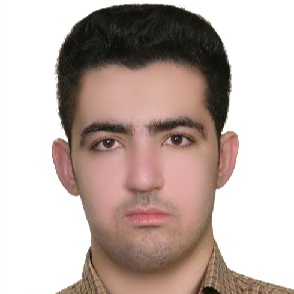
Ali Nasiri-Sarvi is a Master's student in Computer Science at Concordia University, where he is a member of both the Atlas Analytics Lab and IMPACT Lab (co-supervised by Dr. Hassan Rivaz). His research primarily focuses on developing self-supervised learning algorithms for computer vision applications, particularly applied to whole slide images. Ali has won the B1X FRQNT and PBEEE FRQNT scholarships for the 2024-2025 period, awarded by Fonds de recherche du Québec.
Ali Nasiri Sarvi
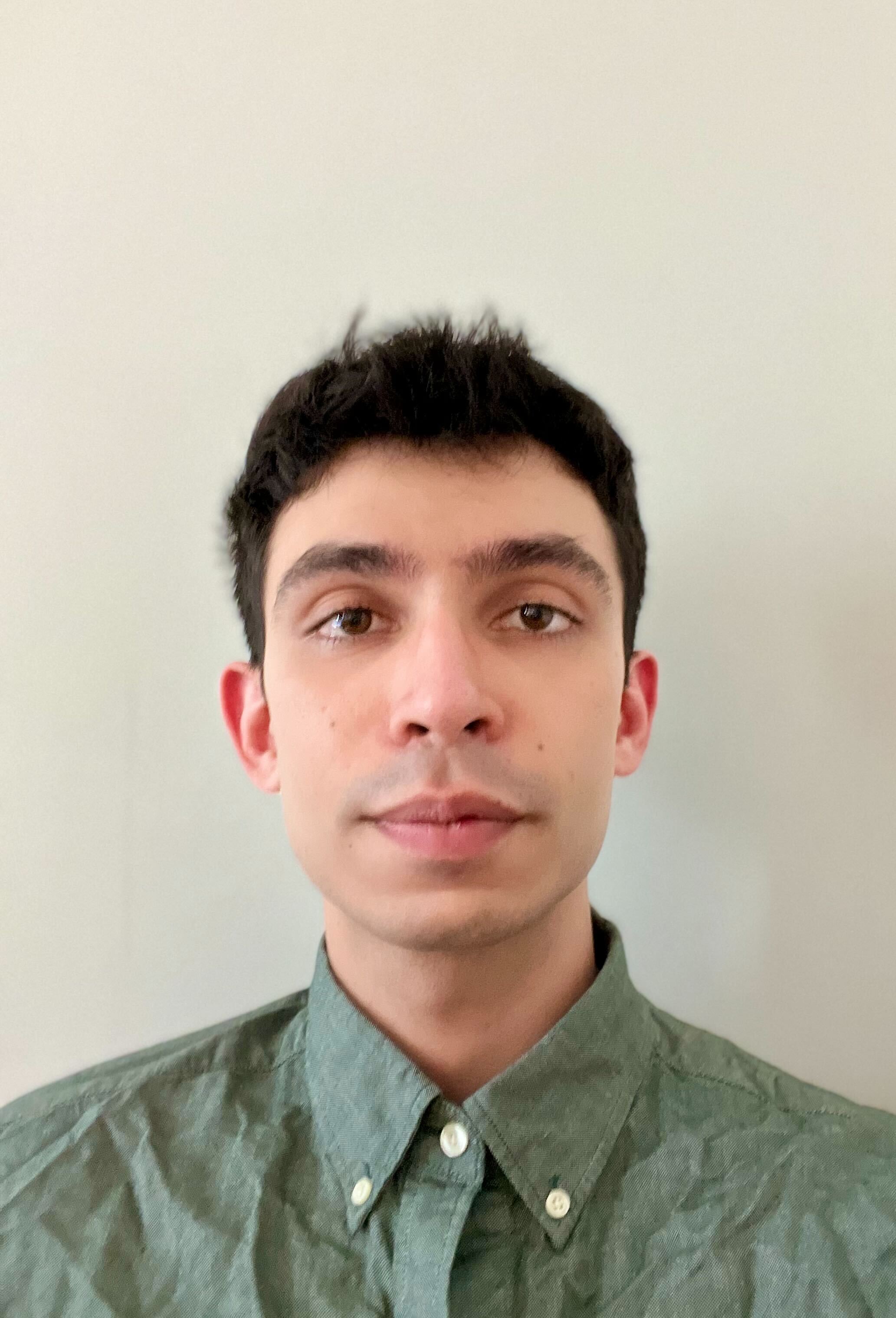
Vasudev Sharma is a graduate student (MSc) in Gina Cody School of Engineering and Computer Science, Concordia University, Montreal. Vasudev focuses on Self-Supervised learning techniques for histopathological data. His previous endeavours include work on knowledge distillation algorithms for colorectal carcinoma, conditional GANs and NLP.
Vasudev Sharma
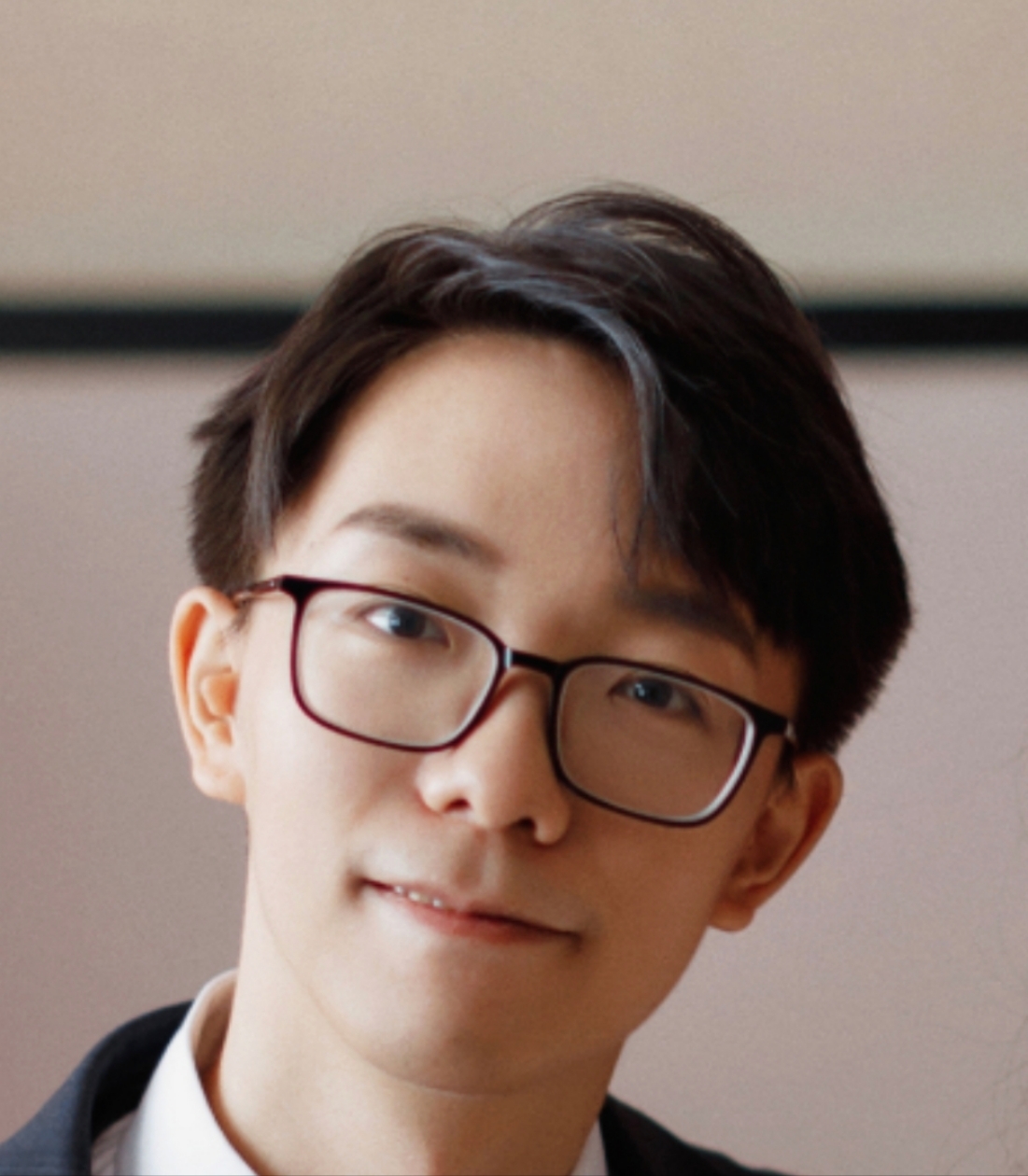
Haoyu He, currently pursuing a master's degree in Applied Computer Science at Concordia, is deeply immersed in the intersection of computational pathology and advanced machine learning techniques. His research focuses on applying continuous learning, test-time training, and meta-learning in the field of computational pathology.
Haoyu He
Sina Maghsoudlou
UG
UG
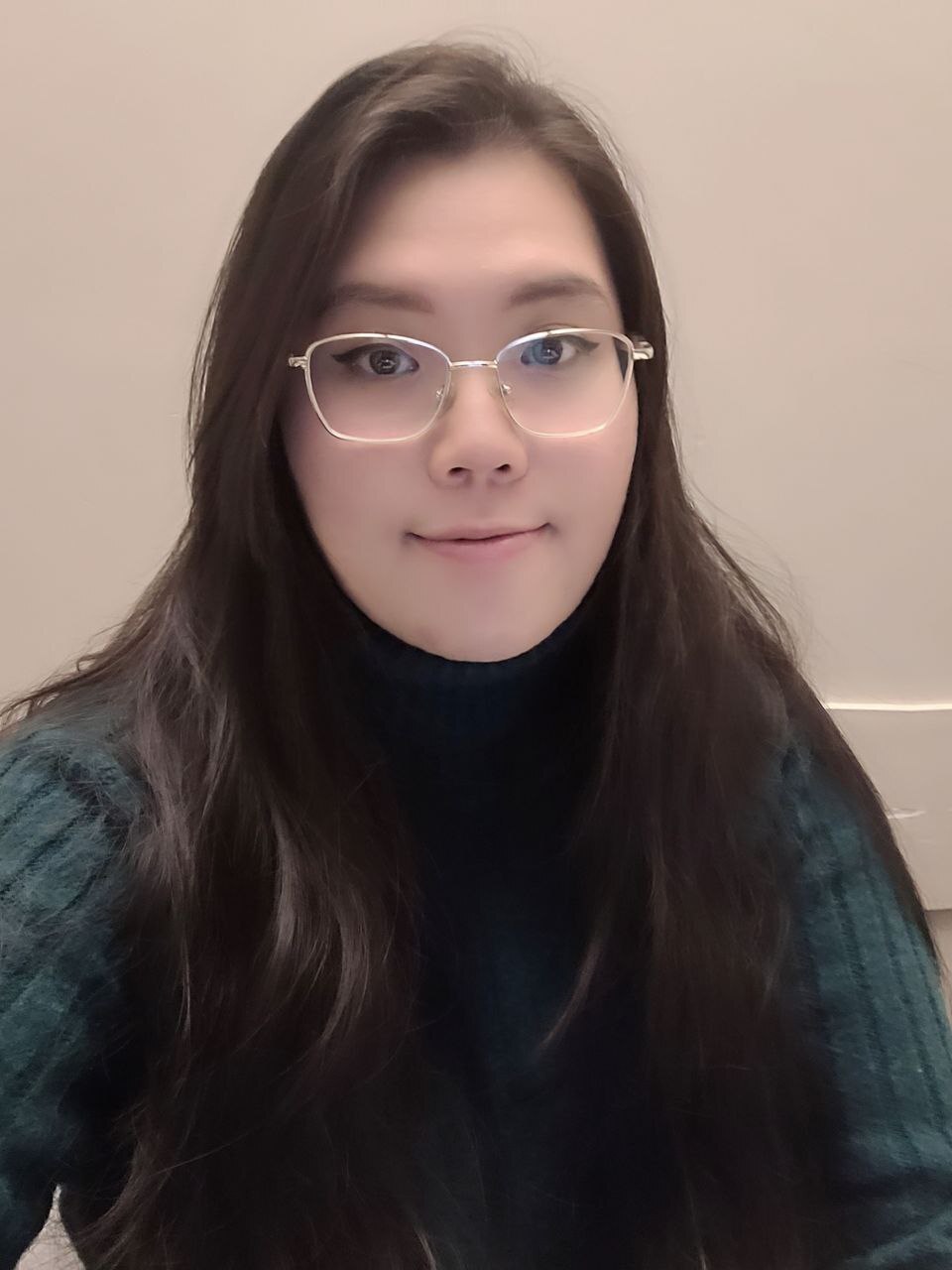
Hailey Thao Quach is a 3rd year undergraduate student in Computer Science at Concordia University and a member of the Co-operative Institute. She was awarded with the Concordia Undergraduate Student Research Awards in 2023 and recently has been awarded with the NSERC-Undergraduate Student Research Awards in 2024.
Hailey Thao Quach
Student Collaborators
Student Collaborators
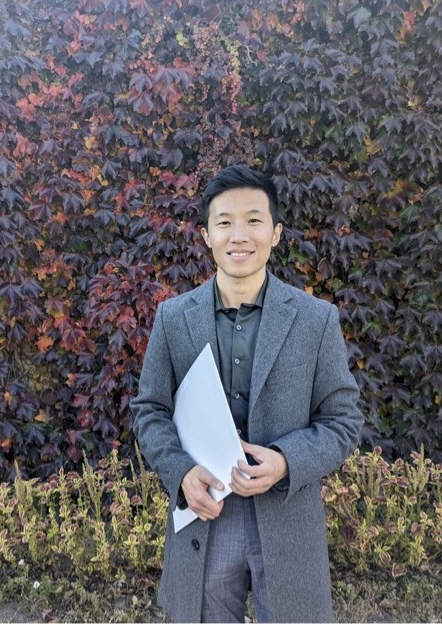
My name is Yanlei (Kaly) Zhang, and I am a postdoc working with RAFALES Lab (Mila), Krishnaswamy Lab (Yale University) and AIDOS Lab (Helmholtz Munich). My current research focuses on developing machine learning methodologies, drawing from mathematical theory, and applying them to biomedical discovery. By analyzing complex real-world data, I aim to bridge the gap between the rigorous abstractions of pure mathematics and practical, data-driven challenges inherent in machine learning and biological data science inquiries. My previous research focused on geometric analysis and its applications to geometric control theory.
Yanlei Zhang
Anh Tien Nguyen
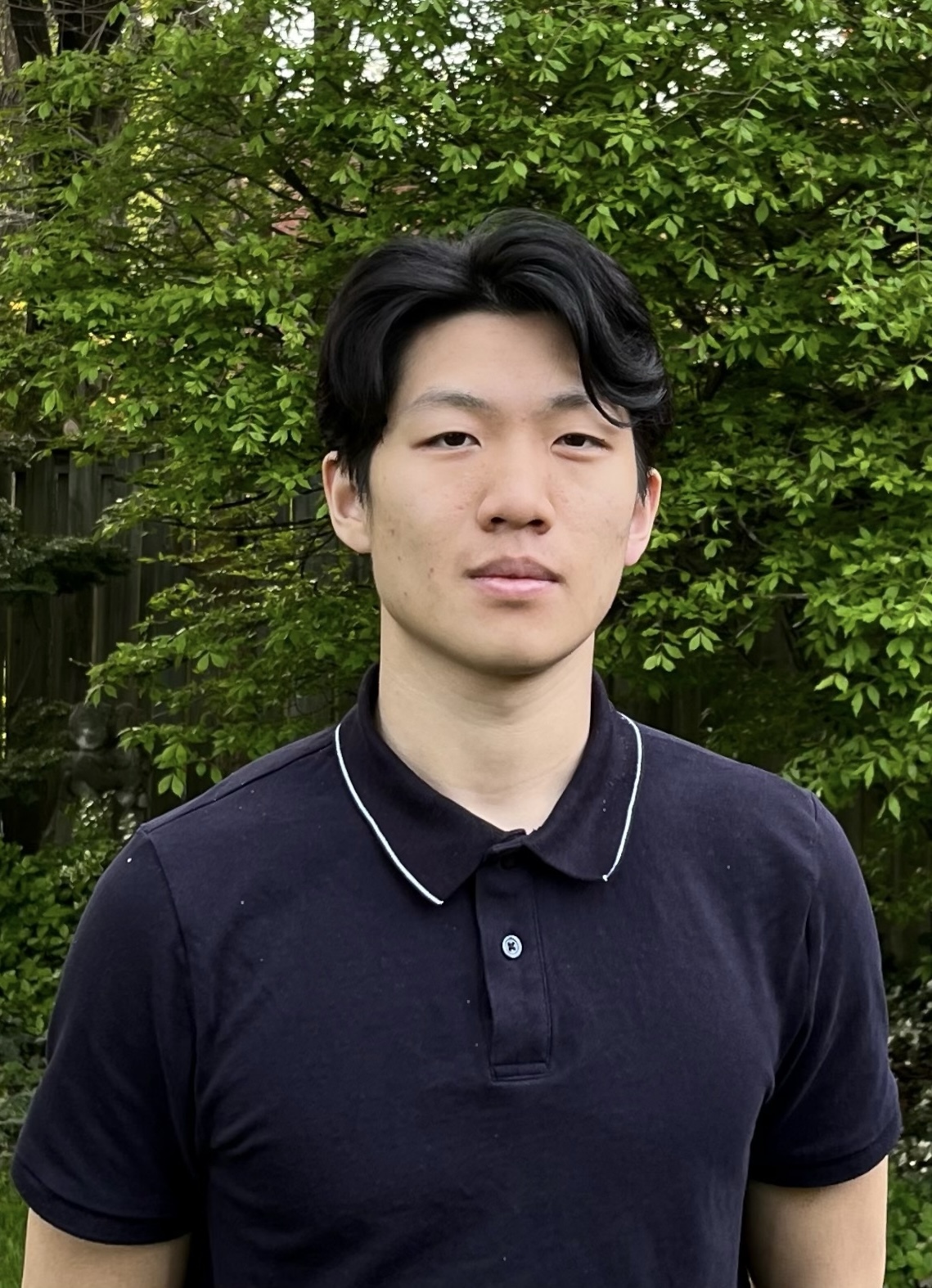
Kai is a third year Engineering Science student majoring in machine intelligence at the University of Toronto and a member of the Multimedia Lab. Kai's research is centred around AI for healthcare and medicine, in particular computer vision algorithms designed for medical imaging and digital pathology. Kai is a recipient of the NSERC undergraduate student research award and the ESROP Global research award.
Kai Li
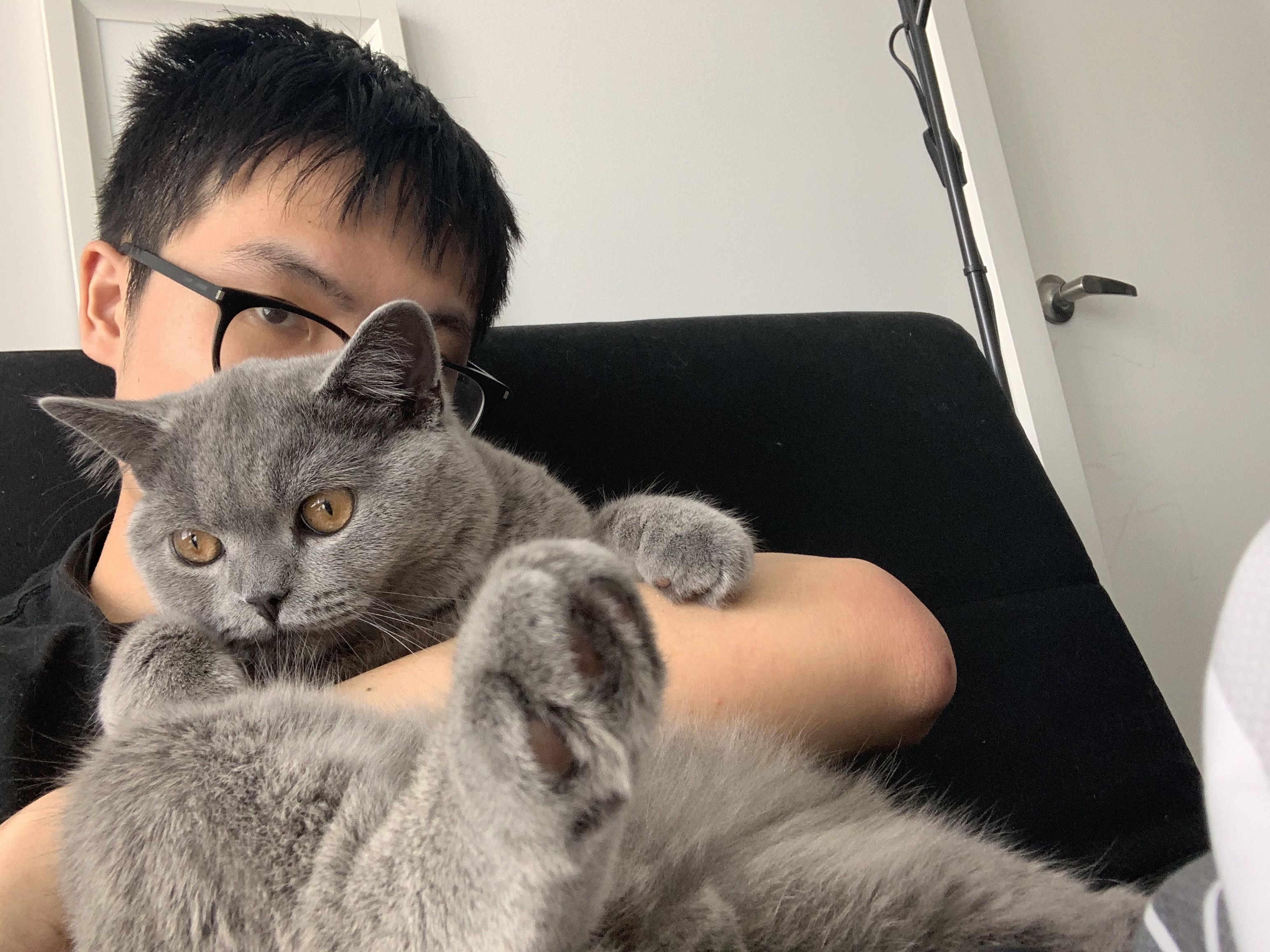
Aoqi is Undergrad Student in EngSci program at UofT graduating this year and will be pursuing master degree in John Hopkins University, Aoqi works with Prof. Hosseini, focusing on developing new efficient architecture designs of neural network for computer vision.
Aoqi Long
PI Collaborators (Pathologist)
PI Collaborators (Pathologist)
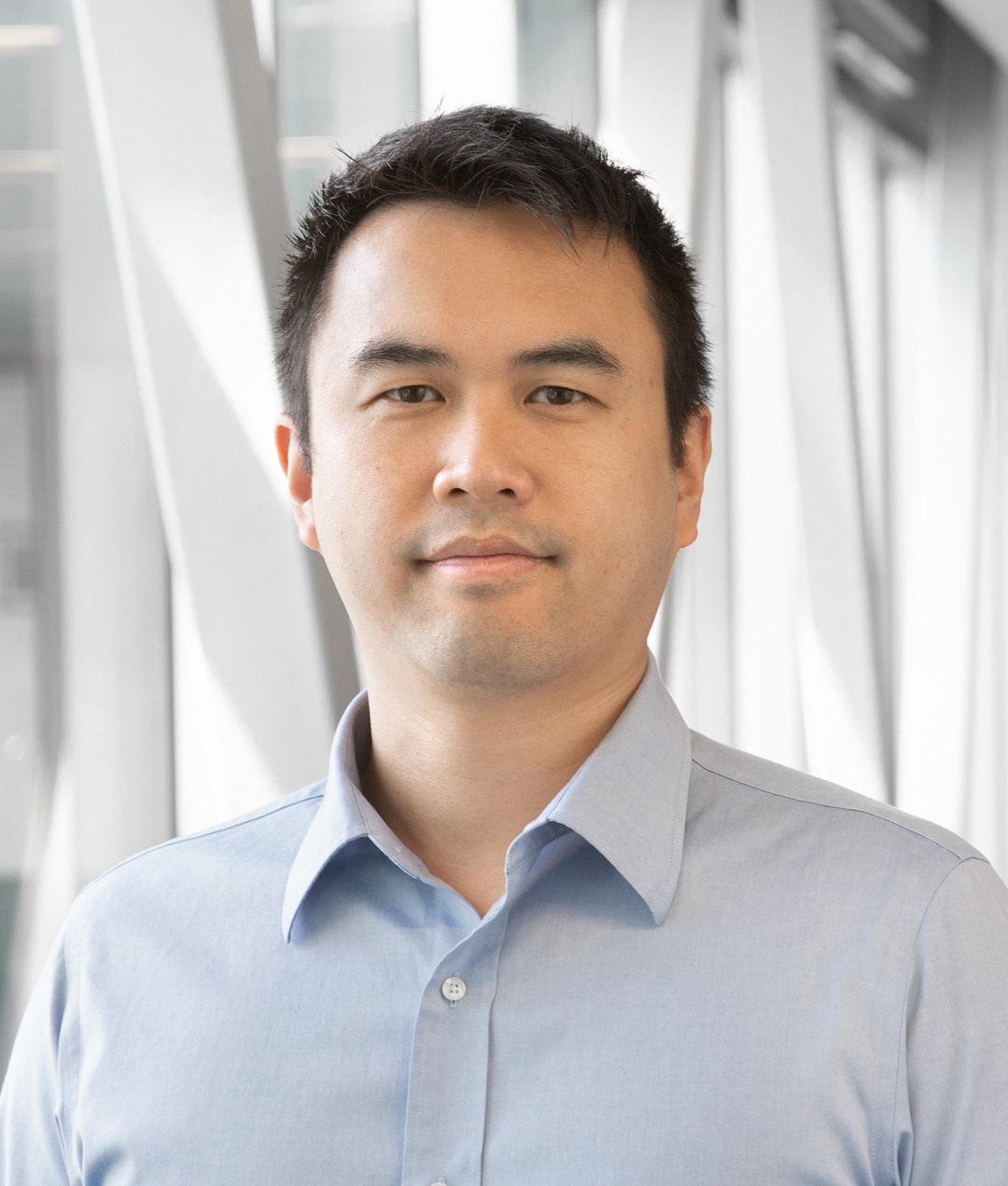
Until very recently, Dr. Q. Trinh held the position of Surgery Research Instructor in the Department of Surgery of the Vanderbilt University Medical Center, in Nashville, Tennessee. He received his medical degree from the UdeM in 2014, then completed a Master’s in Biomedical Sciences (CRCHUM) and his residency in Anatomic Pathology at the UdeM in 2019. Subsequently, as a Fellow of the McLaughlin Foundation, he completed a clinical specialization in gastrointestinal and liver pathology at Vanderbilt (2019-2020), before being named as a Research Instructor at that same institution. Dr. Q. Trinh’s main research interest involves the role played by fibroblasts and stellate cells in the tumor microenvironment of pancreatic cancer precursor cells. The study of progenitor cell populations during oncogenesis in other types of cancers will also be at the heart of his research program. By combining cutting-edge approaches in digital morphometrics, multiplex immunohistochemistry/immunofluorescence and single cell sequencing techniques, he will aim to redefine the diagnostic approach in pathology to help prevent tumor progression by specifically targeting those well-defined cell populations.
Vicent Quoc-Huy Trinh
Sonal Varma
PI Collaborators (Engineering and Computer Science)
PI Collaborators (Engineering and Computer Science)
Dimitris Samaras
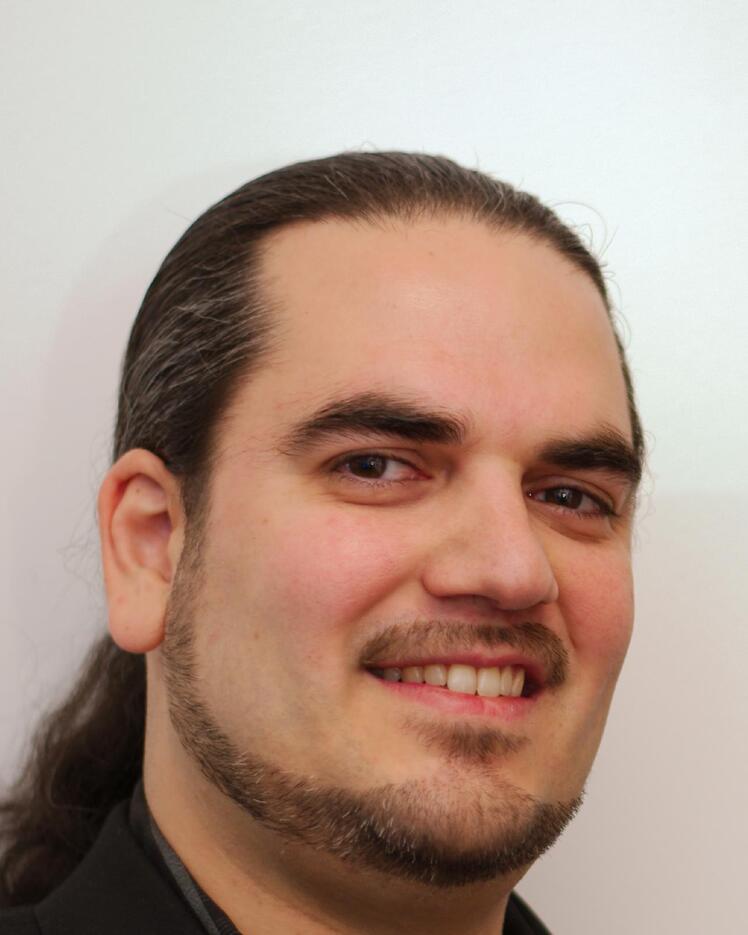
Mes sujets de recherche se situent à l'intersection de l'apprentissage automatique, des sciences des données et des mathématiques appliquées. En particulier, je suis intéressé par les méthodes d'exploration des données qui utilisent l'apprentissage des variétés et l'apprentissage profond géométrique. Je m'intéresse aussi aux applications d'analyse exploratoire des données biomédicales, surtout ceux qui portent sur les données de cellules uniques (p.ex. scRNA-seq et CyTOF).
Guy Wolf
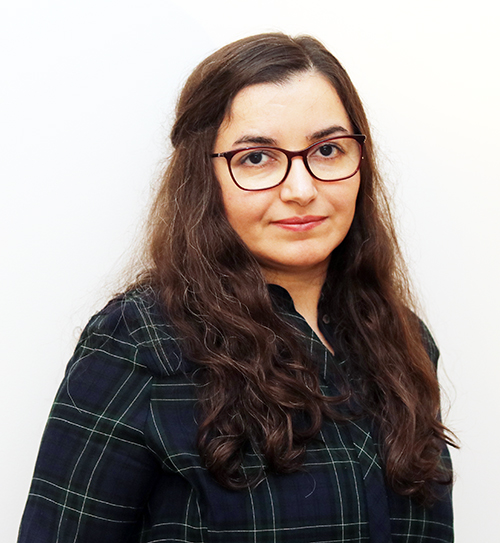
I am an associate professor at ÉTS and an adjunct professor at McGill. Before joining ÉTS, I was a postdoctoral fellow working with Professor Doina Precup at McGill/Mila. Before my postdoc, I was a researcher at Microsoft Research Montréal. I received my Ph.D. from Polytechnique Montréal/Mila in 2016 under the supervision of Professor Chris Pal. During my Ph.D. studies, I worked on computer vision and deep learning applied to emotion recognition, object tracking and knowledge distillation. My current research focuses on, reinforcement learning, multi-modal learning, clinical decision support systems, climate modelling and disaster response
Samira Ebrahimi Kahou
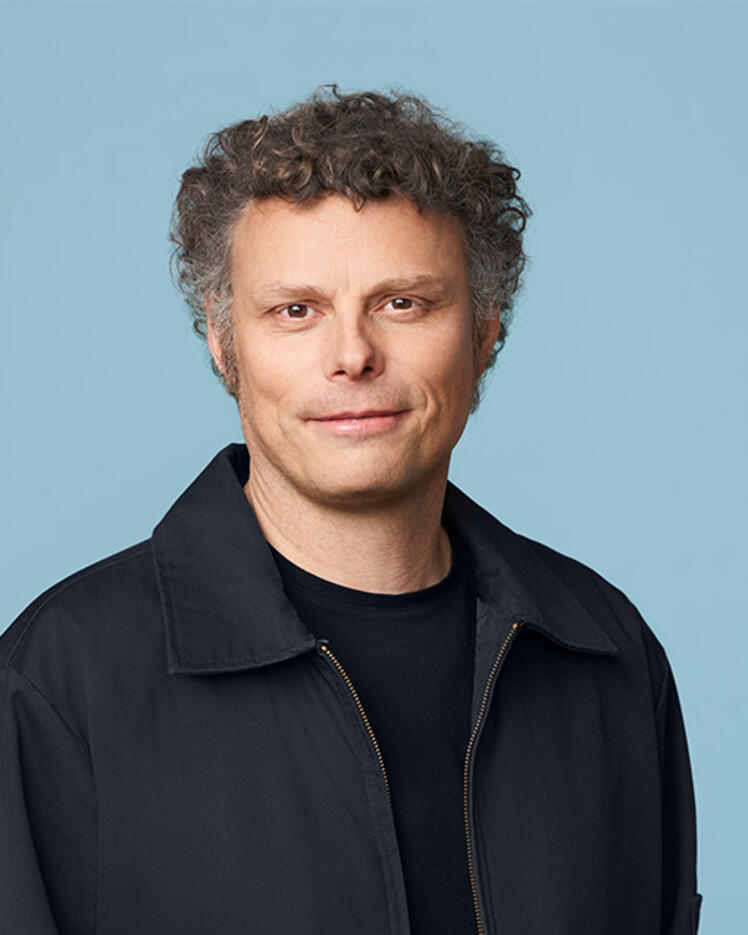
Christopher Pal is a Canada CIFAR AI Chair, full professor at Polytechnique Montréal and adjunct professor in the Department of Computer Science and Operations Research (DIRO) at Université de Montréal. He is also a Distinguished Scientist at ServiceNow Research. Pal has been involved in AI and machine learning research for over twenty-five years and has published extensively on large-scale language modelling methods and generative modelling techniques. He has a PhD in computer science from the University of Waterloo.
Christopher J Pal
Hassan Rivaz
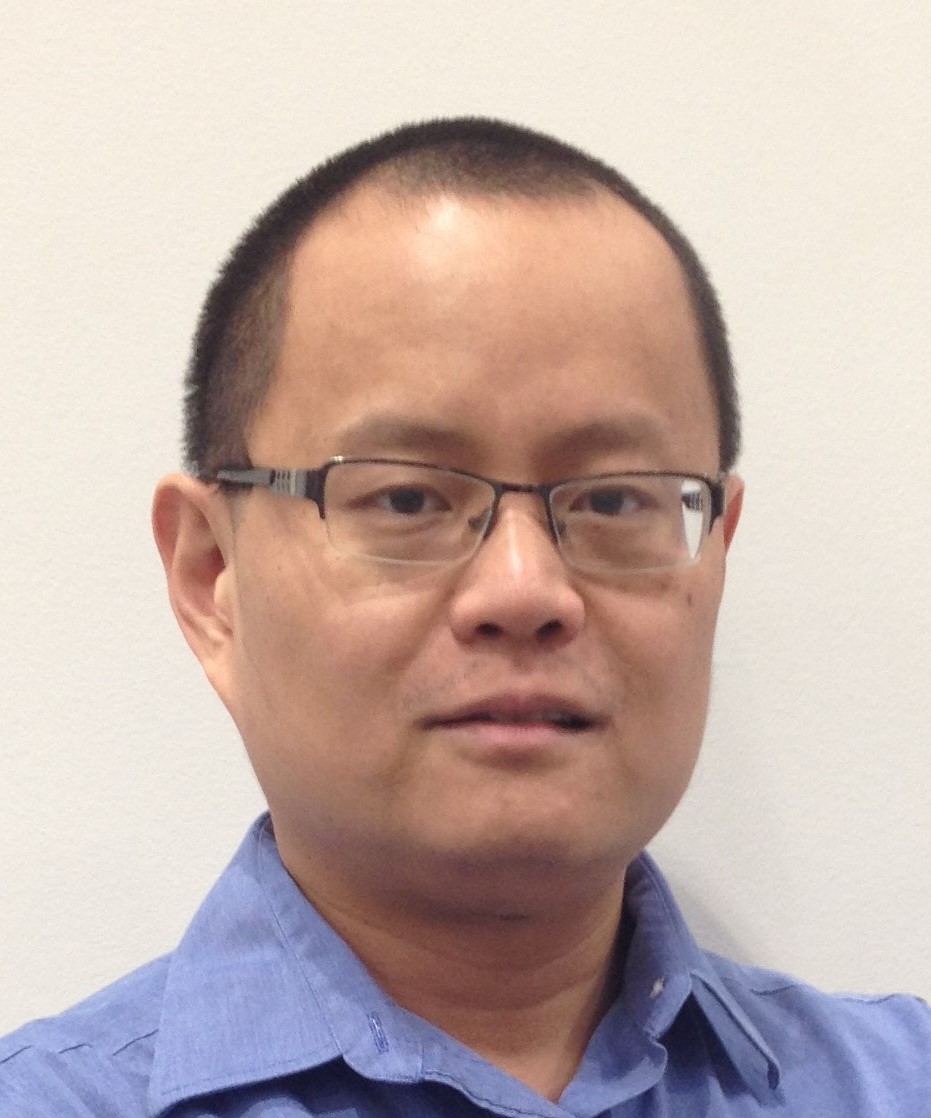
I am an associate professor in CSSE at Concordia University since 2022. Before joining Concordia, I was an assistant (then associate) professor at the University of Manitoba during 2012-2022. During 2020-2022, I took a leave from UManitoba and worked full-time at Huawei Canada as the chief scientist in computer vision (technical VP) in the Consumer Business Group. Before UManitoba, I worked as an NSERC postdoc at UIUC. I received my PhD from Simon Fraser University, MSc from University of Alberta, and BEng from Harbin Institute of Technology. My group works on a variety of topics in computer vision, machine learning, deep learning. The work from our group has been recognized by Falconer Emerging Researcher Rh Award in applied science (2017), Faculty of Science research chair in fundamental science at UManitoba (2019-2022), winning team at ORBIT few-shot object recognition challenge
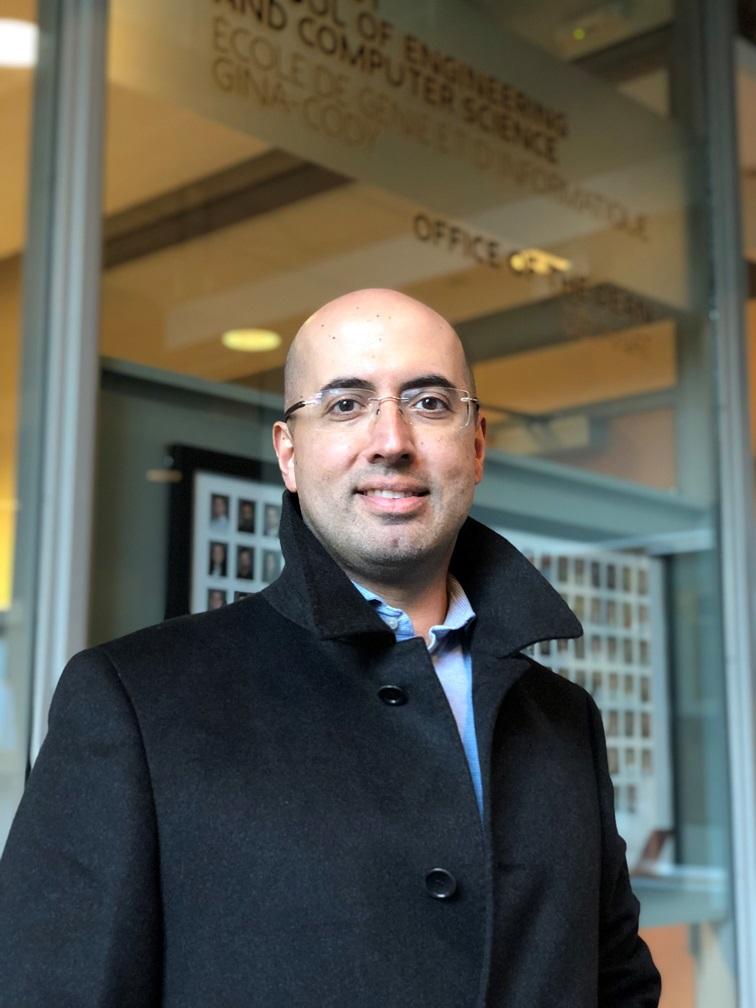
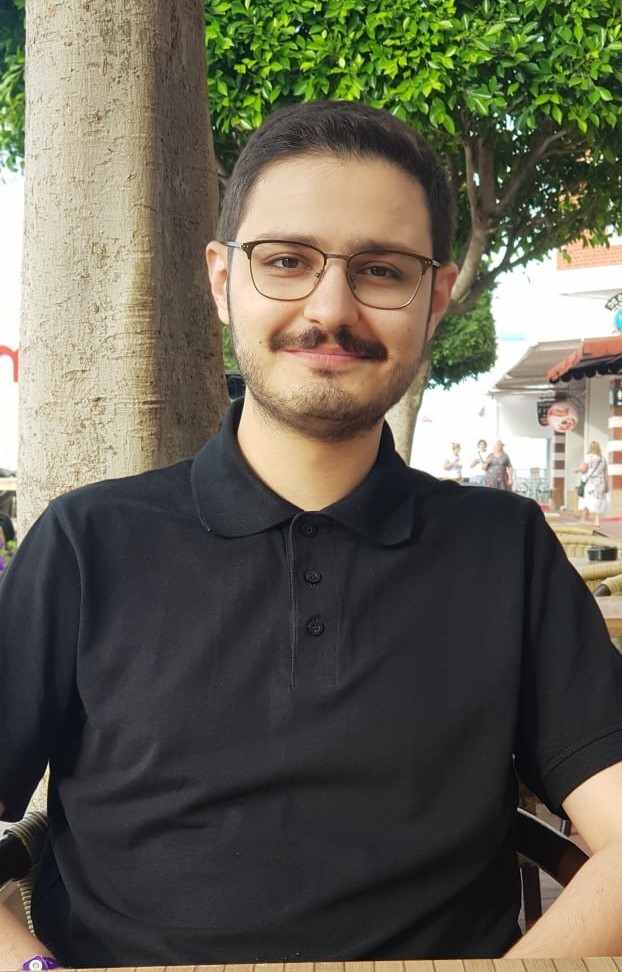
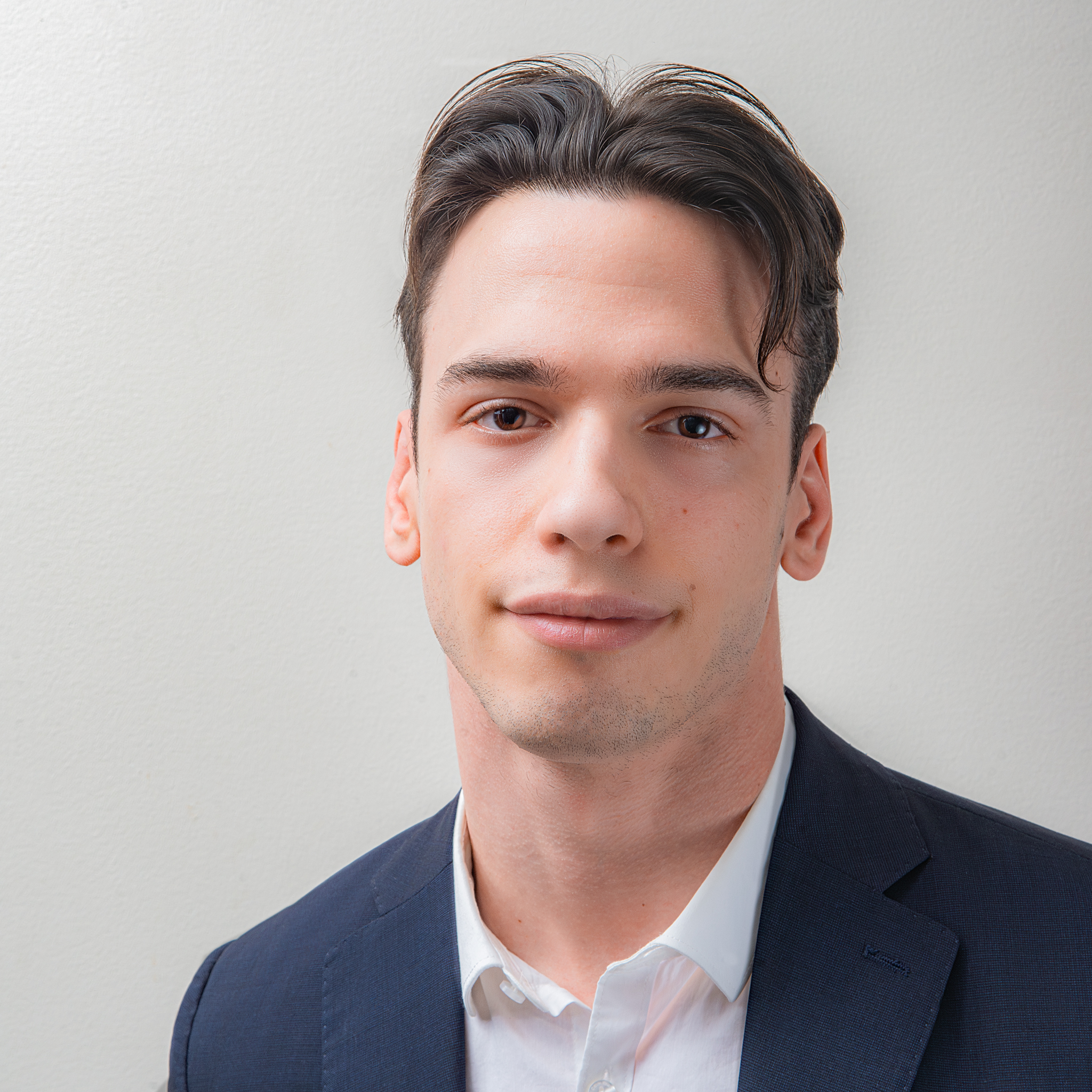
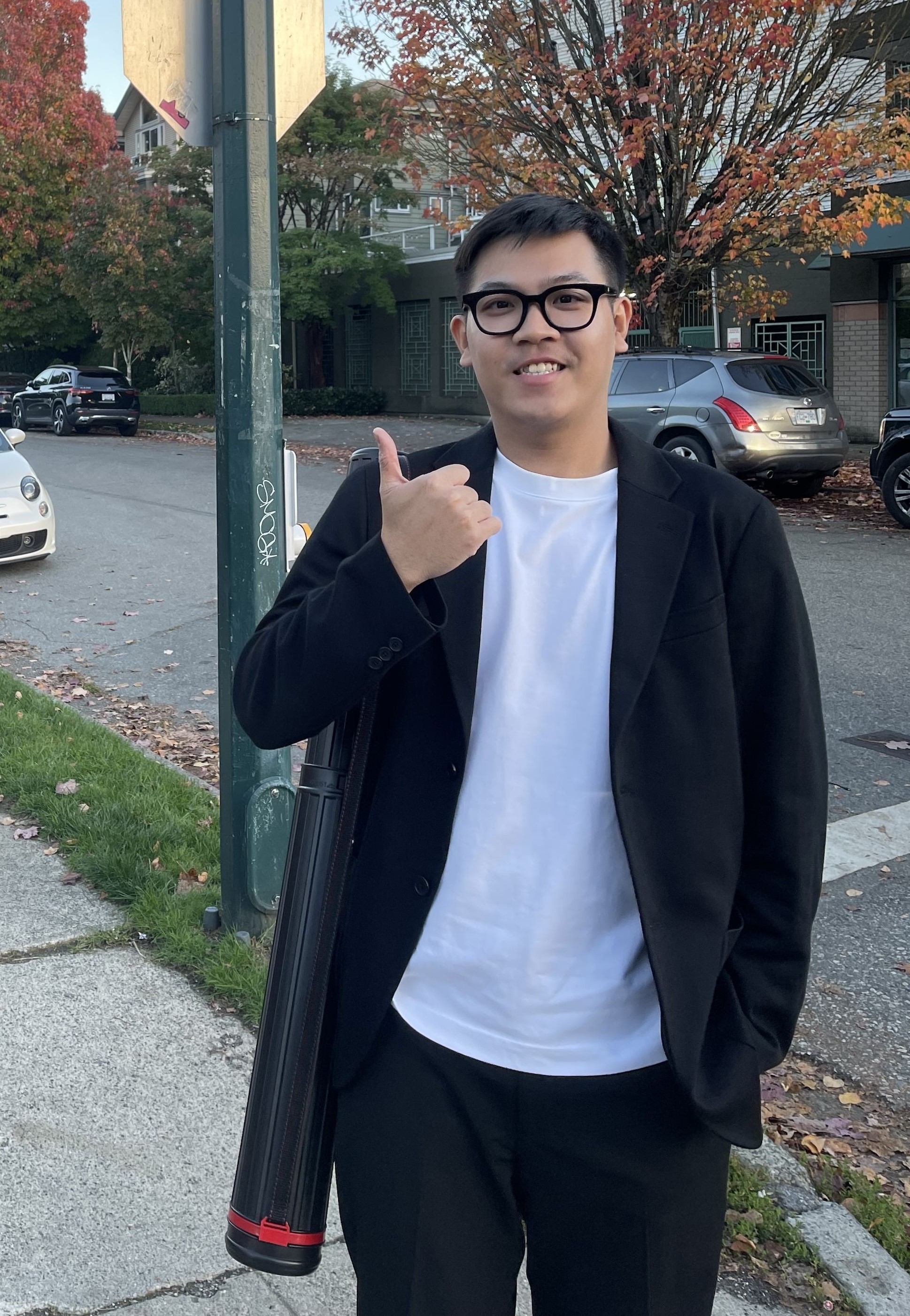
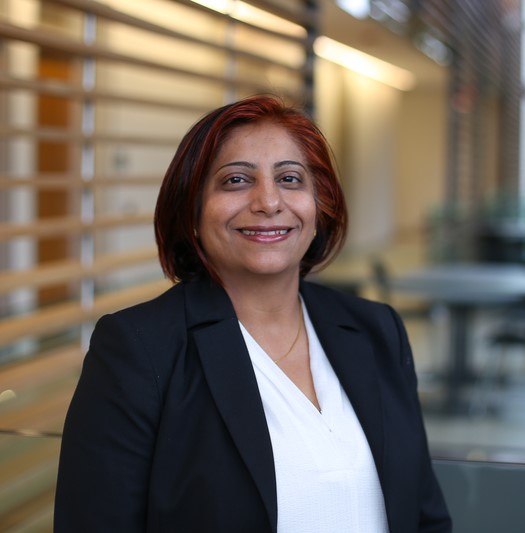
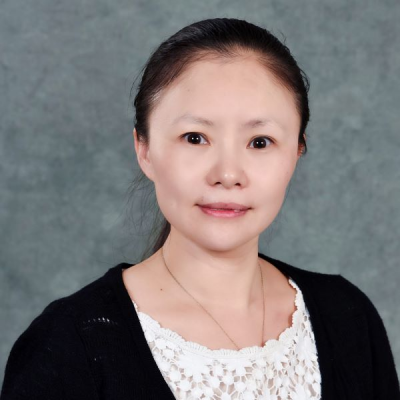
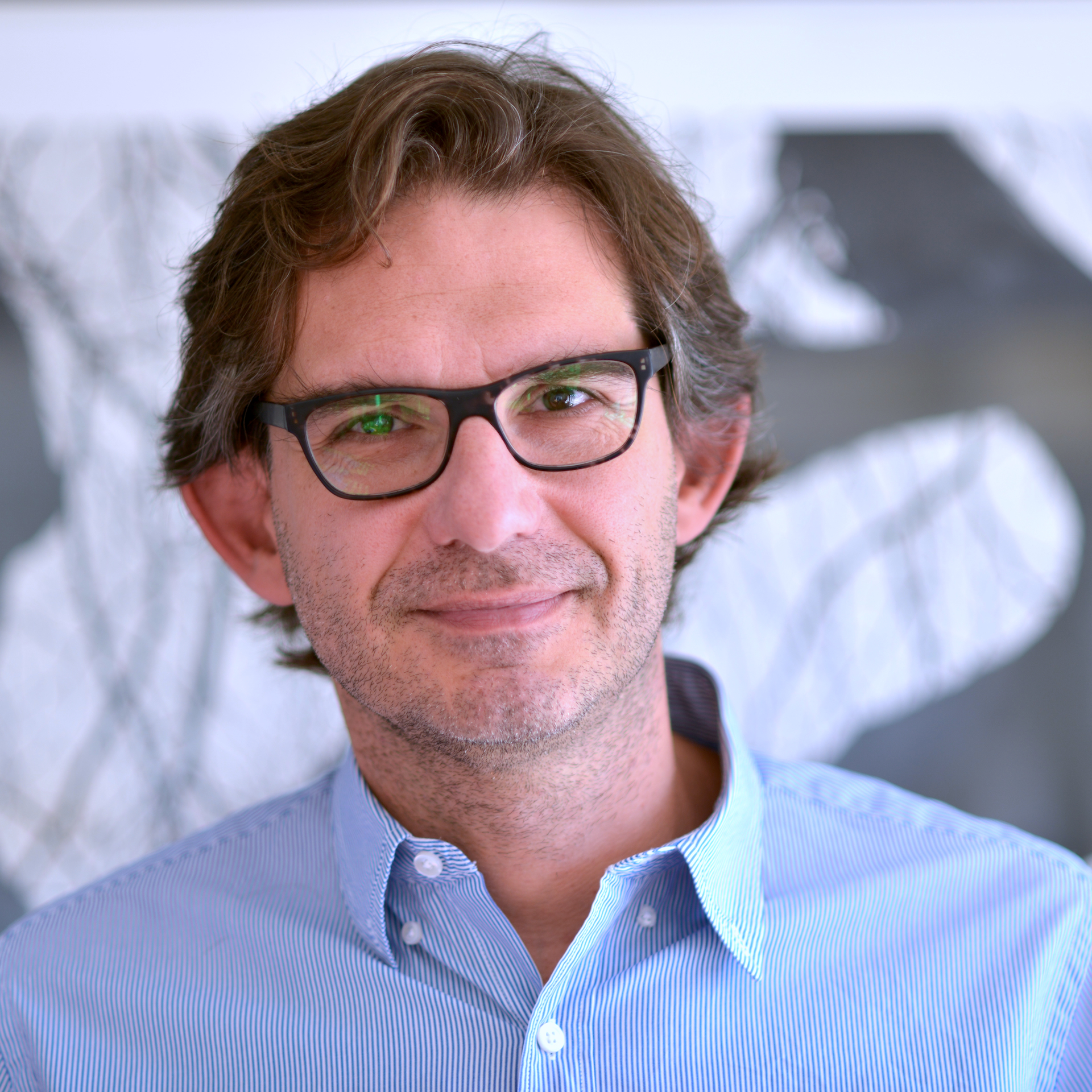
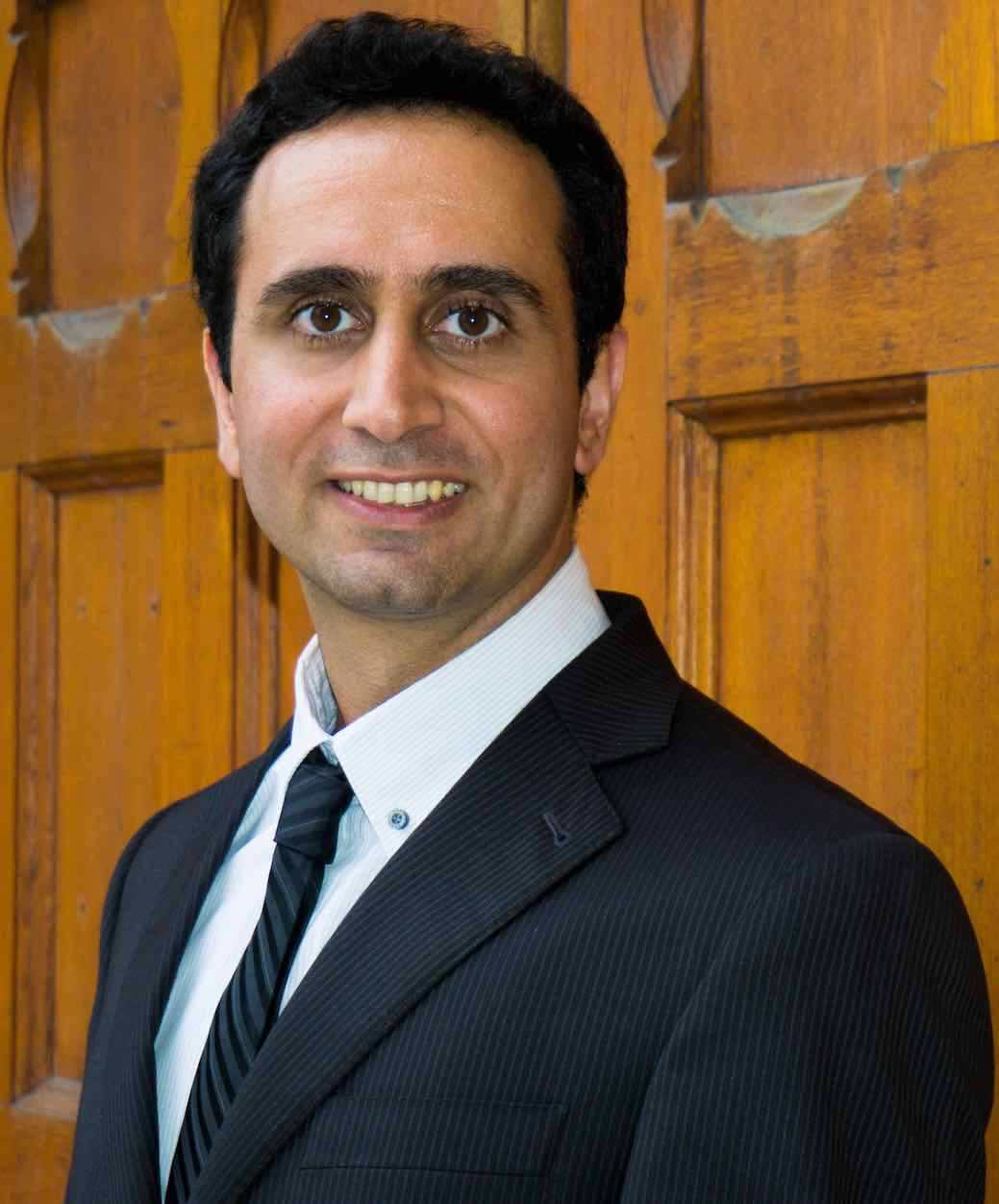



.png)

